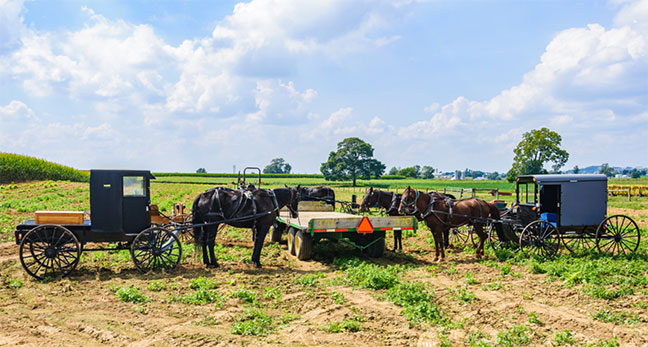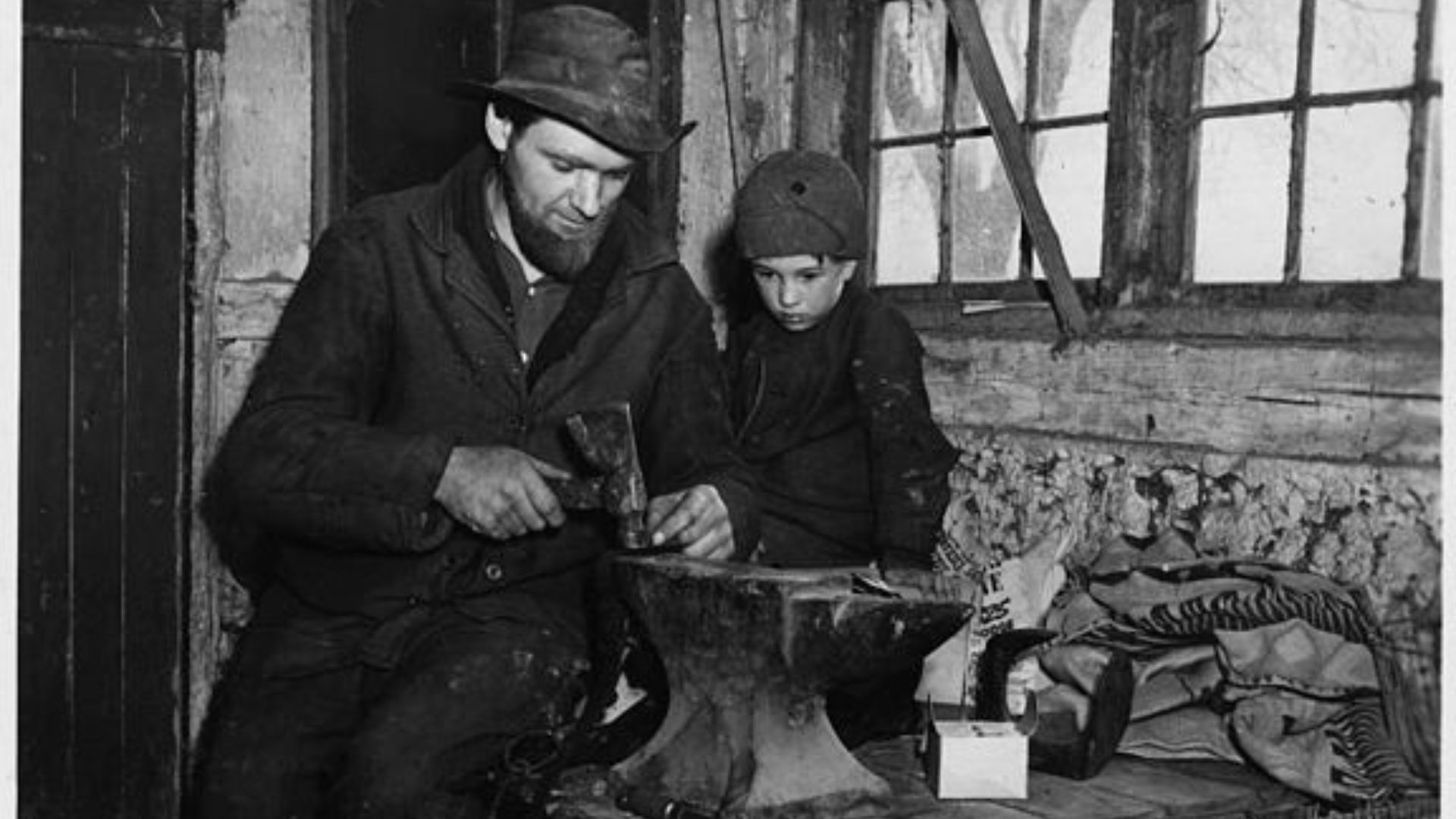Best Facts About Amish History
The Amish are one of the most fascinating and enduring cultural groups in the world. Known for their simplicity, hard work, and devotion to faith, the Amish have a history rooted in resilience and strong community values. Exploring the best facts about Amish history offers a deeper understanding of how their beliefs and traditions have shaped a lifestyle that continues to thrive in the modern world.
The Amish Originated in Europe
One of the best facts about Amish history is that the community began in Europe during the 1500s. The Amish emerged from the Anabaptist movement, a group that opposed infant baptism and promoted faith-based adult baptism.
Key Details
-
The Amish separated from the Mennonites in 1693 under the leadership of Jakob Ammann.
-
They believed in living simply, rejecting violence, and maintaining close-knit communities.
-
Persecution in Europe drove them to seek refuge in North America during the 1700s.
Their migration marked the beginning of a new chapter where they could freely practice their faith and traditions.
The First Amish Settlement Was in Pennsylvania
The first permanent Amish settlement in America was established in Lancaster County, Pennsylvania, in the early 1700s. This region remains home to the largest Amish population today.
Why It’s Important
-
Pennsylvania offered religious tolerance under William Penn’s rule.
-
Fertile farmland allowed Amish families to live self-sufficiently.
-
Lancaster County remains a symbol of traditional Amish life.
This settlement became the foundation for the growth of Amish communities across North America.
Amish Communities Spread Across the U.S.
As the population grew, Amish families moved westward in search of more farmland. By the 1800s, they had established settlements in Ohio, Indiana, and Illinois.
Expansion Facts
-
Holmes County, Ohio, is now one of the largest Amish settlements in the world.
-
Amish groups vary slightly in customs, dress, and technology use.
-
Each community remains independent but shares the same core beliefs.
This expansion helped preserve their way of life while allowing cultural diversity among different Amish affiliations.
The Amish Avoid Modern Technology
Another one of the best facts about Amish history is their deliberate avoidance of modern technology. This practice stems from their desire to maintain simplicity and community unity.
Interesting Insights
-
They do not use cars, electricity, or televisions in daily life.
-
Transportation often involves horse-drawn buggies.
-
Some communities use limited technology for work or safety, such as solar panels or telephones in barns.
This balance between old and new ensures that technology does not disrupt family or faith.

Education and the Landmark Supreme Court Case
Education plays a vital role in Amish culture, focusing on practical skills and moral teachings. A major event in Amish history was the 1972 Supreme Court case Wisconsin v. Yoder.
What Happened
-
The Amish won the right to stop formal schooling after the eighth grade.
-
The court ruled that compulsory high school education violated their religious freedom.
-
This case remains a cornerstone of Amish rights in the U.S.
This decision reaffirmed their autonomy and commitment to preserving traditional education.
The Amish Population Continues to Grow
Despite their isolation, the Amish population has steadily increased over the years. Their strong family structure and faith-based lifestyle contribute to this growth.
Population Facts
-
There are now more than 350,000 Amish people in North America.
-
Amish families typically have six to eight children.
-
The population doubles approximately every 20 years.
This rapid growth ensures the preservation of Amish traditions for future generations.
Conclusion
The best facts about Amish history reveal a community built on faith, simplicity, and strength. From their origins in Europe and settlement in Pennsylvania to their expansion across America and legal triumphs, the Amish have remained true to their beliefs for over 300 years. Their ability to thrive without modern conveniences demonstrates a remarkable commitment to values that prioritize family, humility, and devotion. Learning the best facts about Amish history not only offers insight into their past but also highlights their enduring influence in today’s world.



